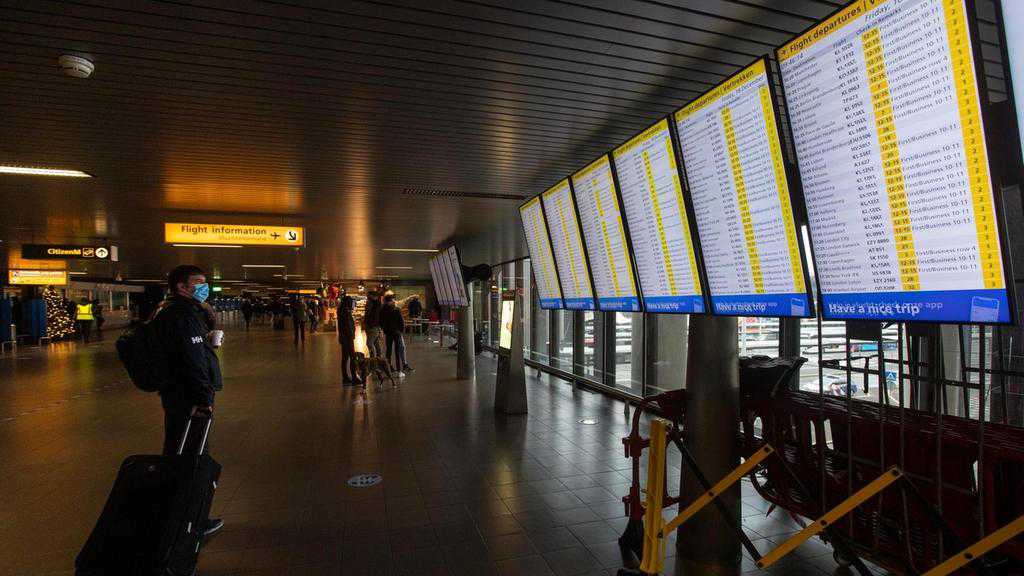Iata’s Travel Move to count on blockchain to secure users’ data
25 January, 2021

The International Air Transfer Association’s Travel Pass use blockchain technology to ensure users’ data is kept in a safe encrypted format and there is no scope of tampering with it at any stage, the agency’s head of security products said.
The users will always stay in control of their data and also decide the quantity of information they will like to share with other entities such as airport authorities, airlines and governments, Alan Murray Hayden, Iata’s brain of airport, passenger and secureness products, said.
“The passenger owns their info plus they share it with the airline … it’s so powerful and it’s probably among the first ever types of blockchain technology being implemented in a manner that benefits people,” Mr Hayden told Future Travel Experience, a Surrey-based independent travel events organiser and media portal.
There will be not any central database or data repository storing the info of Travel Pass software that aims to greatly help travellers securely manage their journeys consistent with government requirements that require testing or information about a person’s Covid-19 vaccine status.
It is being built-in accordance with the Self-Sovereign Identity (SSI) principles, Iata said. The SSI is certainly an electronic movement that recognises a person should very own and control their identity without it being held by intervening administrative authorities.
“Governments are focusing on every person getting vaccinated as a good ailment, but the other area of the equation is the proof of vaccination … what we need is electronic vaccination certificates,” said Mr Hayden.
“This can be a only thing which will make society free again to do all the things they need to do.”
Iata is also dealing with the World Wellbeing Organisation and other bodies to create the necessary standardisation.
It really is developing the Travel Pass found in four independent modules that may interact with each other. These include a worldwide archive with info regarding passengers’ regulatory access requirements, a registry of qualified labs and vaccination centres, a dedicated lab application to let authorised assessment centres send reviews and vaccination reports right to users, and a digital passport module.
These four modules are made to be offered within the airline’s own cellular application. They are able to either function separately or alongside one another as you whole end-to-end solution, based on the users’ choice.
“Within the airline app, passengers can create an electronic version of their passport,” said Mr Hayden.
“Once the passenger has a digital version of their passport on the phone, they’ll visit the laboratory and scan a code, which creates a link between the passport details and the laboratory,” he added.
The UAE’s Etihad Airways and Emirates already are working with Iata to look at its Travel Pass.
Etihad said that its passengers can use the digital wellbeing passport in the primary quarter of this year. Emirates begins trials in April before totally adopting it across its network.
The UAE carriers have joined Singapore Airlines in introducing the digital health verification pass.
Singapore Airlines said it had been the 1st operator to trial Iata's Travel Move. The service was primarily offered from December 23 to passengers flying from Jakarta or Kuala Lumpur to Singapore.
Source: www.thenationalnews.com
